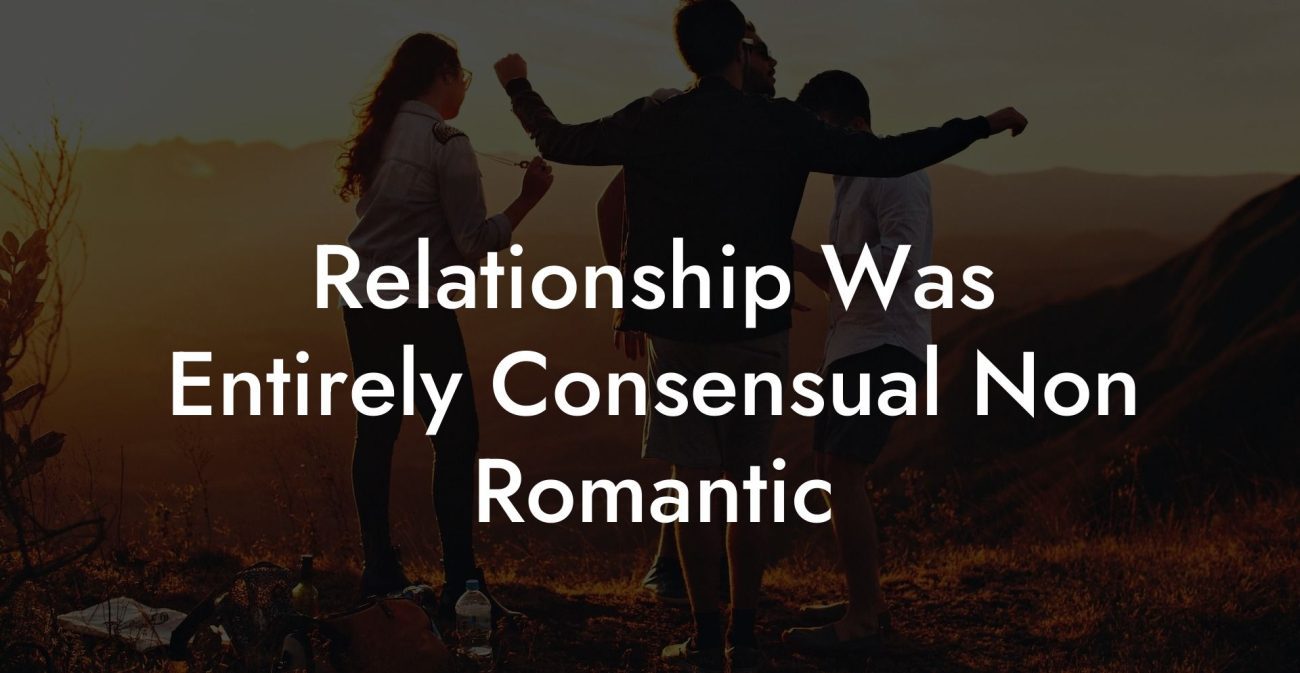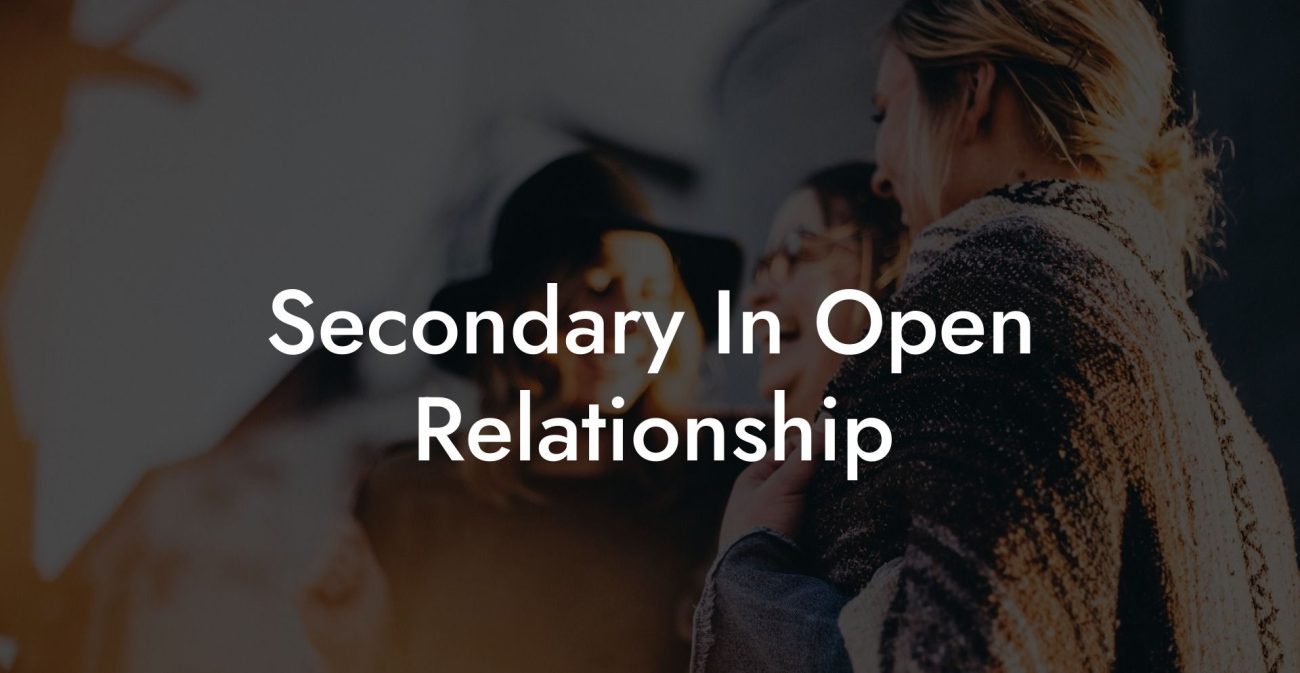What if we told you that there are certain topics that almost everyone secretly agrees on but rarely talks about? These are issues that, despite seeming taboo or divisive, actually unit us more than we think. In this article, we'll explore some of these universal, yet often unspoken, subjects and discuss why it's important to bring them out into the open.
Topics Everyone Secretly Agrees On Table of Contents
1. The Importance of Mental Health
2. The Value of Work-Life Balance
1. The Importance of Mental Health
Despite society's growing awareness of mental health issues, the topic still carries a certain stigma. Many people feel uncomfortable discussing their mental health with others, fearing judgment or misunderstanding. However, most people secretly agree on the importance of mental health and the need for accessible resources and treatments.
Breaking the Stigma Around Mental Health
- Encourage open communication and create safe spaces for discussion.
- Educate yourself and others about mental health issues.
- Share personal stories to normalize the conversation.
- Advocate for mental health policies in schools, workplaces, and communities.
2. The Value of Work-Life Balance
It's no secret that people are striving towards a better work-life balance, but many still feel the pressure to prioritize their careers above all else. Most individuals would agree that maintaining a healthy work-life balance is essential for overall well-being and happiness, despite societal pressures to work longer hours and sacrifice personal time.
Steps to Achieve a Better Work-Life Balance
- Set boundaries between work and personal life.
- Prioritize self-care and hobbies.
- Use time management techniques to make the most of your free time.
- Communicate with your employer about your personal needs.
3. The Desire for Financial Security
Financial security is a universal aspiration, but people rarely discuss their financial goals and struggles openly. The stigma attached to talking about money makes it a secretive subject, but most individuals secretly agree that greater transparency and open discussions about personal finance are necessary.
Breaking the Taboo Around Personal Finances
- Educate yourself about budgeting, savings, and investing.
- Engage in conversations about finances with friends and family.
- Join support groups or online forums to discuss financial goals and challenges.
- Encourage financial literacy in schools and communities.
4. The Need for Emotional Vulnerability
Emotional vulnerability is often seen as a weakness rather than a strength, but most people secretly agree that opening up and sharing emotions is essential for deep connections and personal growth. Recognizing our shared desires for vulnerability can help dismantle the barriers that keep us from expressing our feelings.
Embracing Emotional Vulnerability
- Practice expressing your emotions honestly and openly with trusted individuals.
- Encourage others to share their feelings by creating a safe and non-judgmental environment.
- Reflect on your emotional experiences through journaling or therapy.
- Develop empathy and active listening skills to better connect with others.
Topics Everyone Secretly Agrees On Example:
Samantha, a young professional, begins to feel overwhelmed by the pressures of her job and mounting financial obligations. She initially hesitates to discuss her concerns with friends and family, fearing that she will appear weak or incompetent. However, when Samantha broaches these topics, she is surprised to find that her loved ones share similar experiences and feelings. Through open conversations about mental health, work-life balance, personal finances, and emotional vulnerability, Samantha feels more connected and supported in her struggles, realizing that these subjects are universally understood and important to discuss.
It's time to put an end to secrecy and embrace open conversations about these topics that everyone secretly agrees on. By acknowledging the importance of mental health, work-life balance, financial security, and emotional vulnerability, we can foster a more understanding and supportive society. Share this article with friends and family to help bring these discussions into the open, and be sure to explore other guides on The Monogamy Experiment for more insightful content!













